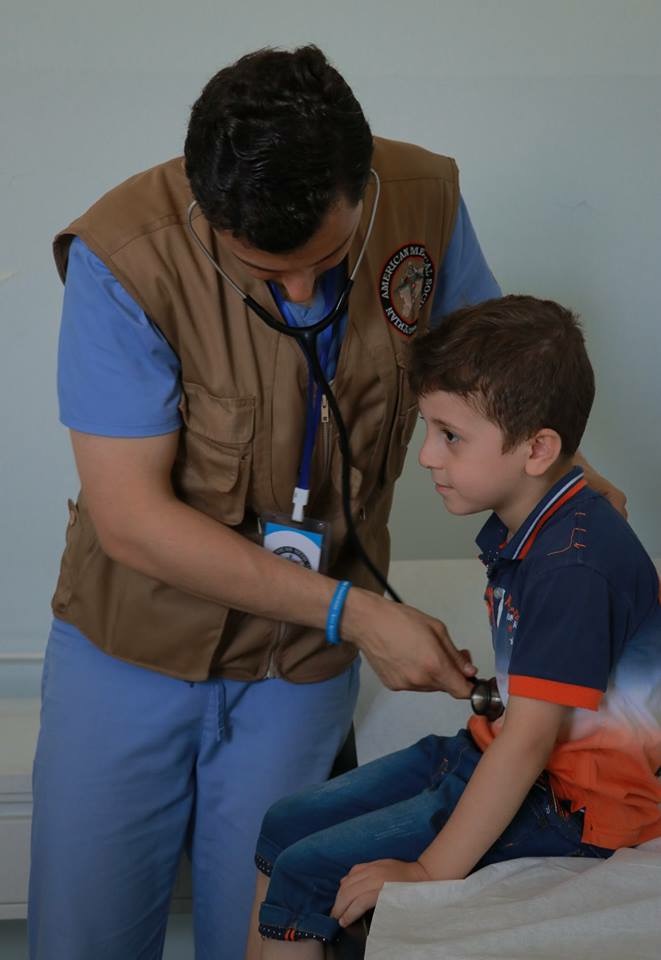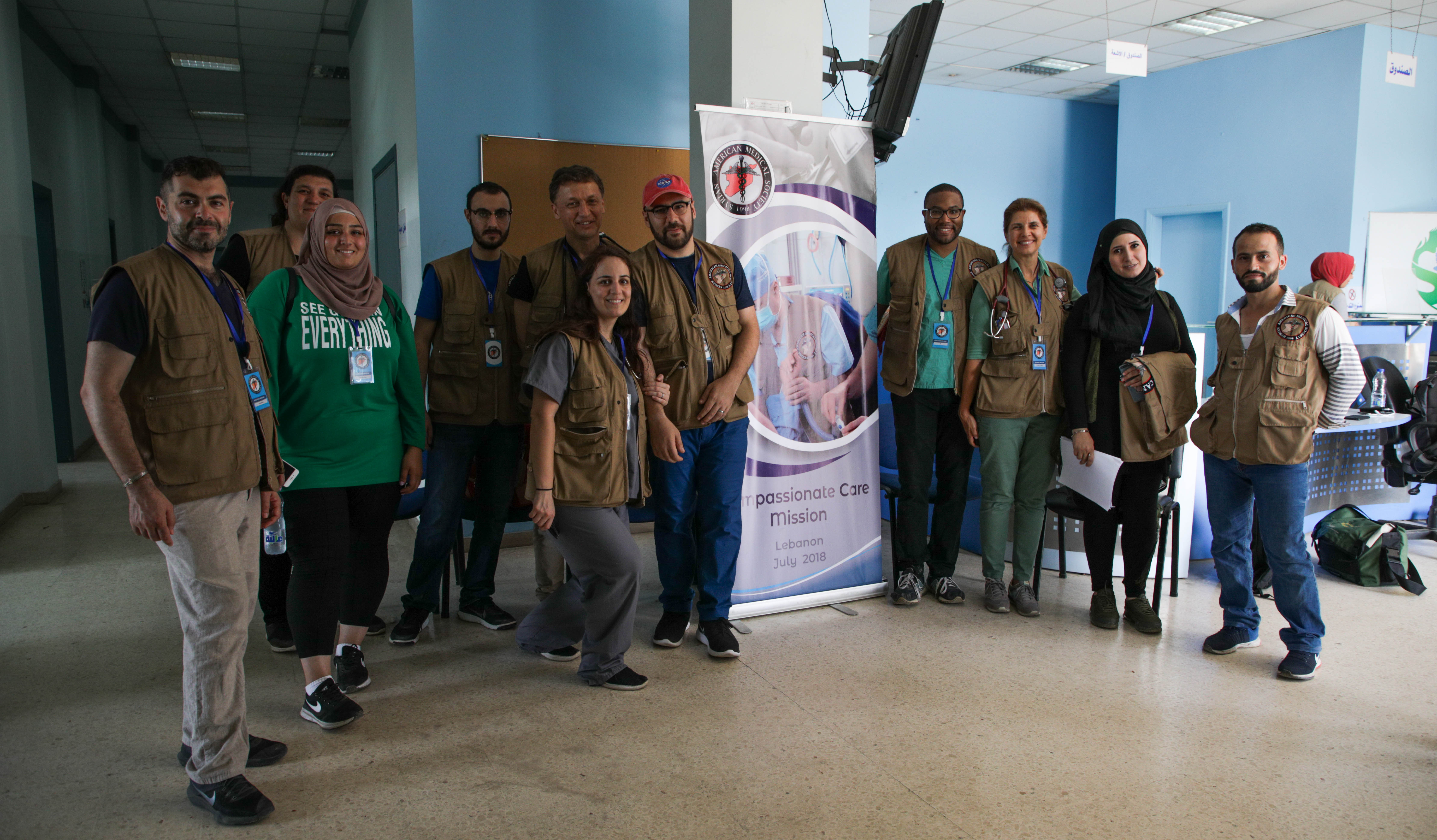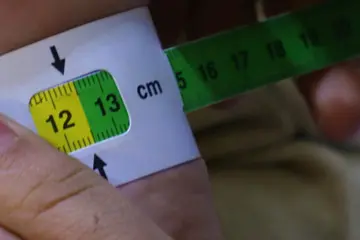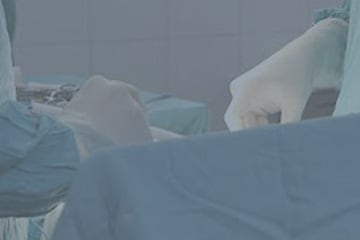August 29, 2018
This past July, our team arrived in Lebanon with 14 suitcases filled with medications, vitamins, anti-eczema creams, anti-lice shampoos, medical and dental supplies, a portable ultrasound, and a healthy dose of determination. Organized by the Syrian American Medical Society (SAMS), our team of 13 US-based doctors and 11 interpreters participated in a six-day medical mission to support Syrian refugees and underserved Lebanese. We mainly worked in two different locations: a makeshift clinic located in Tripoli and an informal settlement in Akkar, close to the Lebanon-Syria border.
We began by setting up a clinic in Tripoli. Most of the patients we saw at the clinic had complex problems, and the majority had seen different doctors but could not afford the required care. They came to our clinic in the hope that we could provide expertise and much-needed relief. To manage the flow of patients, we instituted a triage system with a dedicated nurse taking vital signs and a referral system for those needing additional testing or specialized consultations.
We met several patients with stories of resilience that left us in awe and even more determined to help. One patient was a 15-year-old boy from Hama, Syria accompanied by his mother. After an arduous foot journey from his hometown of Hama to Turkey , the youn g boy became ill and was admitted to a hospital in Adana, Turkey for an entire year. He had abdominal surgery to remove part of his colon due to what he was told was “blood cancer.” He eventually left Turkey for Lebanon and reunited with his mother there just ten days before we met him. He had no medical record, was not taking any medications, and looked pale, emaciated, and fatigued. After evaluating him, we were able to refer him for blood tests the same day and to a children’s hematology center in Tripoli.
g boy became ill and was admitted to a hospital in Adana, Turkey for an entire year. He had abdominal surgery to remove part of his colon due to what he was told was “blood cancer.” He eventually left Turkey for Lebanon and reunited with his mother there just ten days before we met him. He had no medical record, was not taking any medications, and looked pale, emaciated, and fatigued. After evaluating him, we were able to refer him for blood tests the same day and to a children’s hematology center in Tripoli.
Another patient we met was a gentleman in his late 40s, looking much older than his stated age, who came to the clinic for dizziness. He had run out of blood pressure medications and could not afford to purchase more. He has become partially blinded following the 2017 chemical weapons attack in Idlib, somehow surviving despite severe respiratory symptoms. He now lives with his family in Lebanon, but is unable to find work due to his visual infirmity. Both he and his sister, who lost her husband 6 years ago while she was pregnant with her daughter, must rely on her 15-year-old son to provide for the family. When I asked our patient’s sister about the source of her resilience and strength, she replied: “I am grateful to God, have my children and brother with me. You see me smiling but deep inside, my heart is broken in a thousand pieces.”
Although safer in Lebanon than Syria, the families we met were still being forced to make unthinkable choices. One of our pediatric colleagues cared for a seven-year-old child with metastatic glioblastoma, an aggressive and deadly form of brain cancer. The family knew the grim prognosis but was desperate for palliative care to relieve his pain despite not being able to afford it. Another family brought their eight-year-old son with Myelodysplastic Syndrome (MDS), a form of severe bone marrow suppression, who failed therapies. His only chance of survival is a prohibitively expensive bone marrow transplant.





